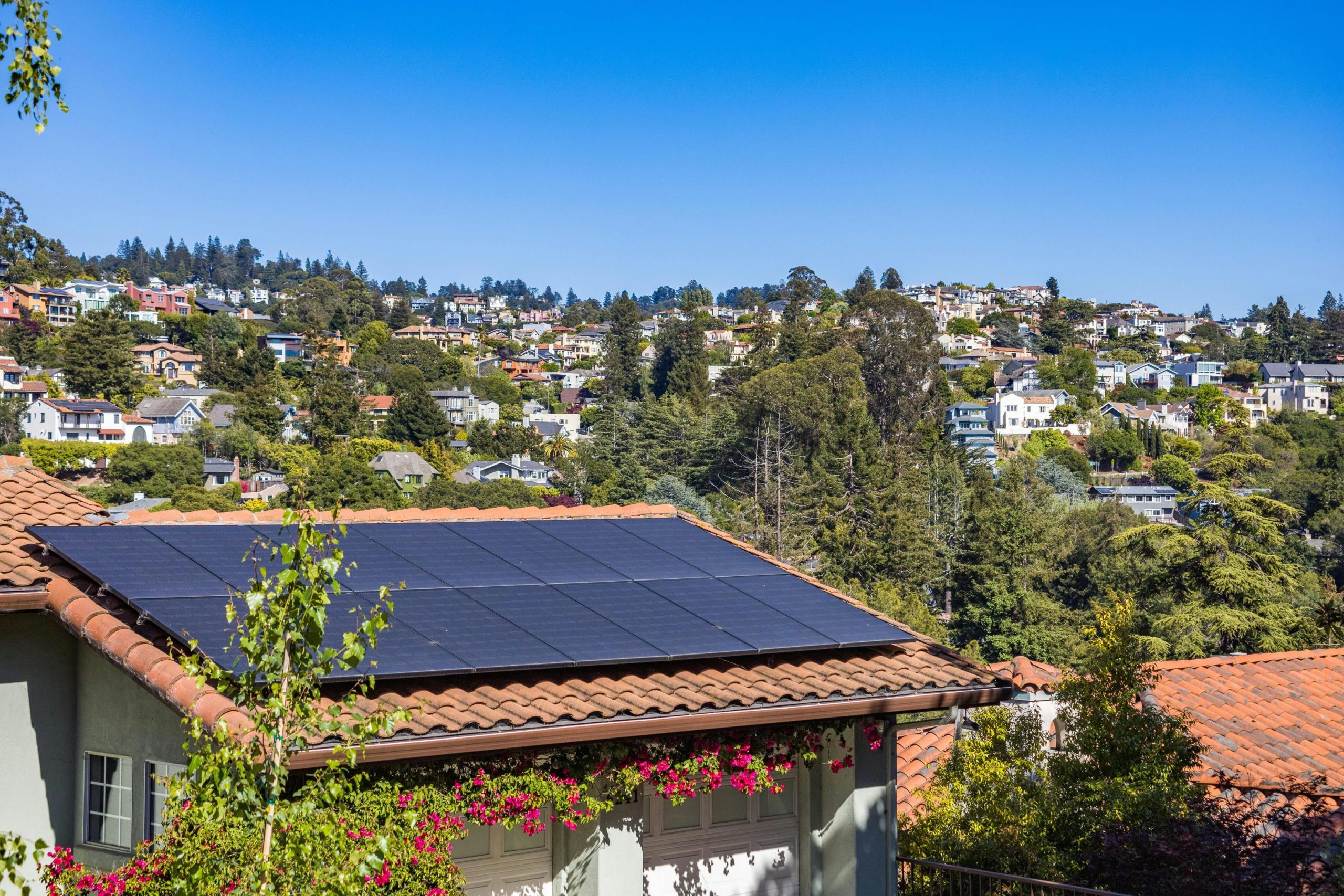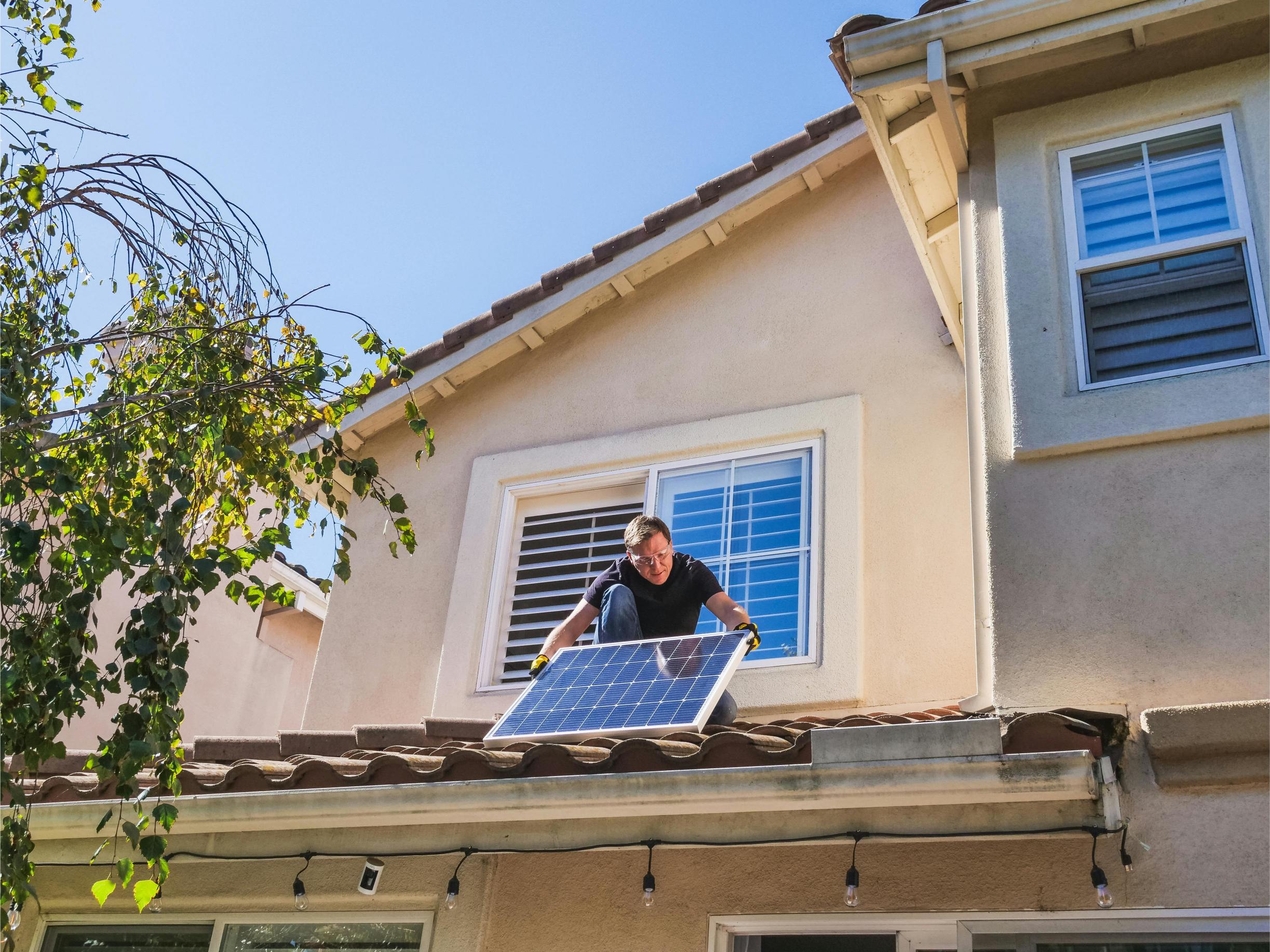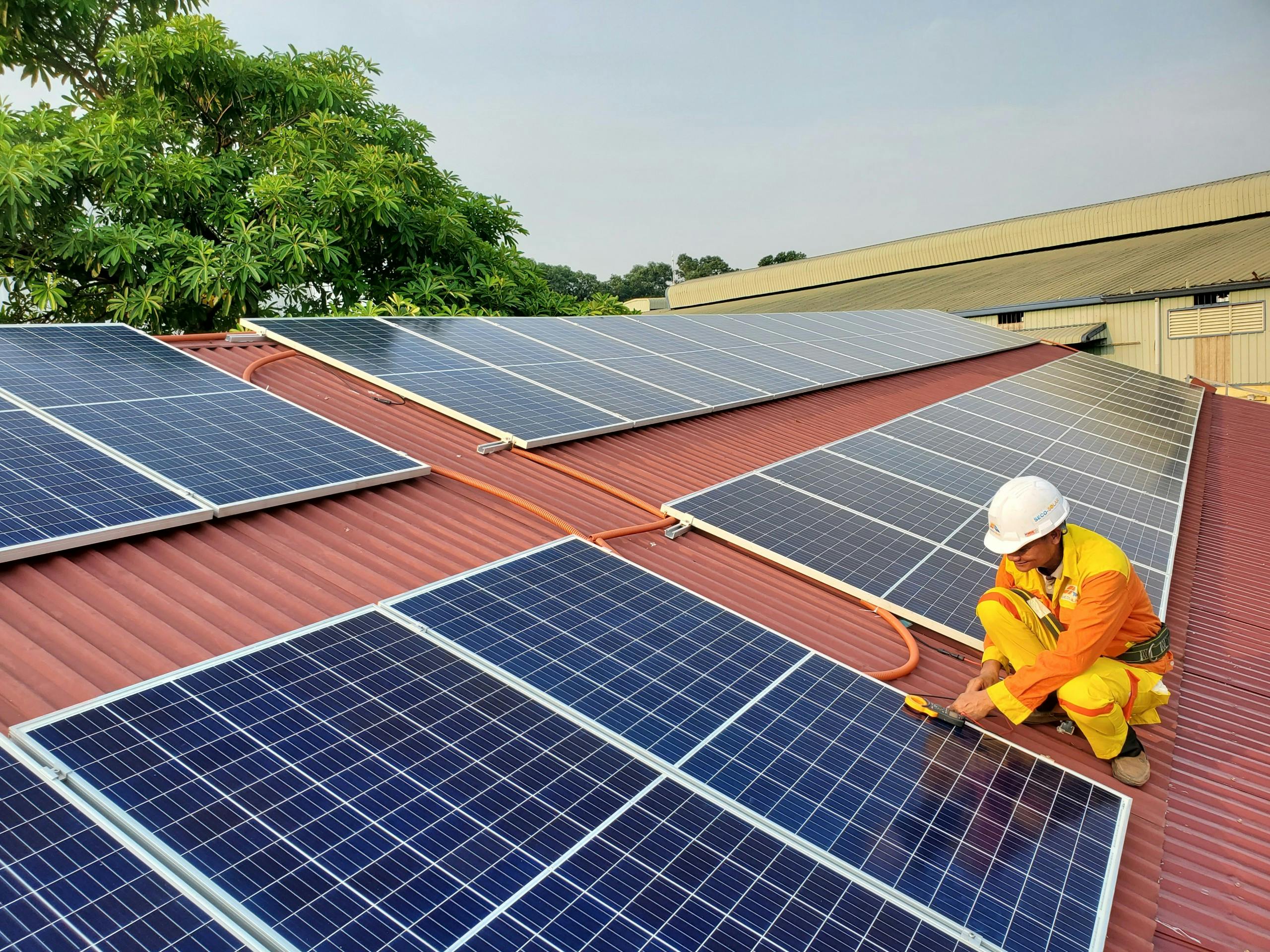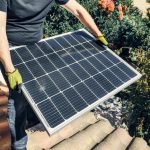Solar energy continues to grow in popularity as homeowners look for reliable ways to cut electricity costs, reduce carbon footprints, and improve long-term home efficiency. If you’ve ever wondered whether solar is worth the investment—or how much it can actually lower your monthly bills—you’re not alone. Many families want clear, simple answers before making a major home upgrade.
This guide breaks down how solar panels affect electricity bills, the factors that influence savings, how billing works with solar, and steps you can take to maximize your financial benefits. Whether you’re new to solar or already considering installation, this article will help you build confidence and make an informed decision.
How Solar Panels Lower Electricity Bills

One of the biggest reasons homeowners switch to solar is the potential for major savings. Solar panels produce electricity from sunlight, which reduces how much power you need from the utility company. In many cases, homeowners see their electricity bills drop by 50% to 100%.
How Solar Generates Savings
Solar panels help reduce costs through:
- Producing Your Own Electricity: Every kilowatt-hour (kWh) produced by your system is one you don’t have to buy from the utility.
- Offsetting Peak Electricity Rates: Many households are charged more for energy during high-demand hours. Solar can cover part or all of this usage.
- Net Metering Benefits: Excess energy your panels produce gets sent back to the grid, allowing you to earn credits and offset future bills.
- Lower Long-Term Utility Dependence: As electricity prices increase, your savings grow because solar panels continue producing free renewable energy.
Why Savings Can Vary
Not all homes see the same results. Electricity bill reductions depend on:
- Local utility rates
- Size of your solar system
- Roof angle and direction
- Sun exposure
- Household energy habits
- Local net metering policies
Even with differences, most homeowners see meaningful long-term savings.
Understanding Your Electricity Bill With Solar
Once you install solar panels, your electricity bill changes—but it doesn’t disappear. Understanding your new bill helps you track savings and spot any issues early.
Common Parts of a Solar Electricity Bill
After going solar, you may still see charges such as:
- Service or connection fees: Utilities charge a monthly fee to stay connected to the grid.
- Usage charges for electricity you still consume: If your home needs more energy than your system produces, you pay for the difference.
- Net metering credits: These appear as negative amounts that reduce your bill based on extra electricity your system sends to the grid.
- Taxes and small fees: Some charges remain even if your energy use is fully covered by solar.
Typical Solar Billing Scenarios
- Low Bill: Most solar homes pay only $10–$30 monthly because service fees still apply.
- Zero or Negative Bill: In areas with strong net metering, credits may completely cancel out monthly charges.
- Seasonal Changes: Bills may be higher in winter when sunlight is limited.
Once you understand your bill structure, it becomes easier to estimate your long-term savings.
How Much Money Can Solar Panels Save You?
Solar savings vary across homes, but most homeowners experience significant reductions.
Average Annual Savings
Nationwide, solar-equipped homes can save:
- $800–$2,000 per year
- $20,000–$60,000 over the lifespan of the panels
These numbers depend on energy usage, sunlight exposure, and local utility policies.
What Influences Your Savings?
Several factors work together to determine how much you save:
- Local electricity rates: Higher utility rates mean greater savings with solar.
- System size: Larger systems offset more electricity.
- Roof angle and direction: South-facing roofs tend to produce the most energy.
- Available sunlight: Homes in sunny areas naturally generate more power.
- Household energy habits: Reducing wasteful energy use boosts overall savings.
No matter where you live, solar is one of the most effective ways to control long-term electricity costs.
How Net Metering Helps Lower Your Bills
Net metering allows homeowners to “sell” extra energy back to the grid in exchange for credits. These credits apply to future bills and help keep costs down.
How Net Metering Works
Here’s what happens when your system produces more power than you need:
- Extra energy flows back to the electrical grid
- The utility company gives you credit for that electricity
- Credits apply to future bills, especially helpful on cloudy days or at night
Benefits of Net Metering
This billing setup:
- Reduces or eliminates monthly electricity charges
- Lowers seasonal bill spikes
- Makes your solar investment more predictable
- Helps you rely less on high-cost grid electricity
Not all states offer full net metering, so always check your local policies.
Factors That Impact Solar Performance and Your Bills

Even the best solar system can produce less electricity if certain conditions are not ideal.
Common Factors That Influence Output
- Roof direction and angle: South-facing roofs generate the most sunlight exposure.
- Shade from trees or buildings: Even small shadows can reduce efficiency.
- Weather patterns: Cloudy or winter seasons may reduce power output.
- Panel age and cleanliness: Dust, debris, and aging equipment can limit production.
- System maintenance: Regular inspections can improve long-term efficiency.
By monitoring and managing these factors, you can keep your electricity bills consistently low.
Is Solar Worth It for Lowering Electricity Bills?
For most homeowners, yes. Solar pays for itself over time, and the savings typically grow each year as utility rates rise.
Key Reasons Solar Is a Strong Financial Decision
- Lower monthly electricity bills
- Protection from rising utility prices
- Steady long-term return on investment
- Increased home value
- Eco-friendly energy use
Most homeowners recoup their investment in 6–10 years, depending on incentives and local electricity rates.
Best Times of Year for Solar Savings and Installation
While your goal is saving money on electricity bills, installation timing can also influence costs and efficiency. Many homeowners ask when is the best time to install solar panels because seasonal weather, panel demand, and sunlight patterns all affect production. Spring and fall are common choices because weather conditions allow for smooth installation and systems can be ready before the peak summer sun hits.
Installing at the right time ensures you begin generating electricity as soon as conditions are optimal.
How to Maximize Your Solar Electricity Savings
To get the best financial results, combine solar with smart household habits.
Easy Ways to Boost Solar Benefits
- Run major appliances during daylight hours: Use dishwashers, washing machines, and dryers when your panels produce the most power.
- Use energy-efficient appliances: Reduce grid dependence.
- Monitor your system performance: Keep an eye on your production via the inverter or mobile app.
- Maintain your panels: Clean them periodically and schedule yearly professional inspections.
- Seal air leaks and improve insulation; Lowering overall electricity use makes solar production more powerful.
These simple steps multiply your savings and improve your home’s energy efficiency.
Frequently Asked Questions (FAQ)
1. Will solar panels eliminate my electricity bill?
In most cases, no. You will usually still pay a small monthly service fee to remain connected to the grid. However, your usage charges may drop significantly or disappear entirely.
2. Why do I still get a bill in some months?
Seasonal changes, cloudy weather, and increased home energy use can require extra electricity from the utility company.
3. How long do solar panels last?
Most panels last 25–30 years, with many continuing to produce electricity even longer.
4. Do solar panels work during cloudy days?
Yes, but at reduced efficiency. Your home may use stored energy or tap into the grid during low-sunlight periods.
5. Can solar power my whole house?
Yes. Many systems are designed to cover 100% of a home’s annual electricity needs.
6. What happens to excess energy my panels produce?
In most states, excess energy goes to the grid through net metering, earning you credits that lower future bills.
7. Does going solar increase home value?
Studies show that solar-equipped homes often sell faster and at higher prices due to long-term energy savings.
8. How quickly can solar installation begin cutting my electricity bill?
Most homeowners see savings immediately once the system is activated.
Final Thoughts
Solar panels offer a powerful way to reduce electricity bills, increase home efficiency, and gain long-term financial security. With the right system, smart energy habits, and a clear understanding of how solar billing works, homeowners can enjoy thousands of dollars in savings throughout the lifespan of their panels.
If you’re looking for a long-term solution to rising utility costs, solar energy is one of the most reliable and sustainable options available today.


